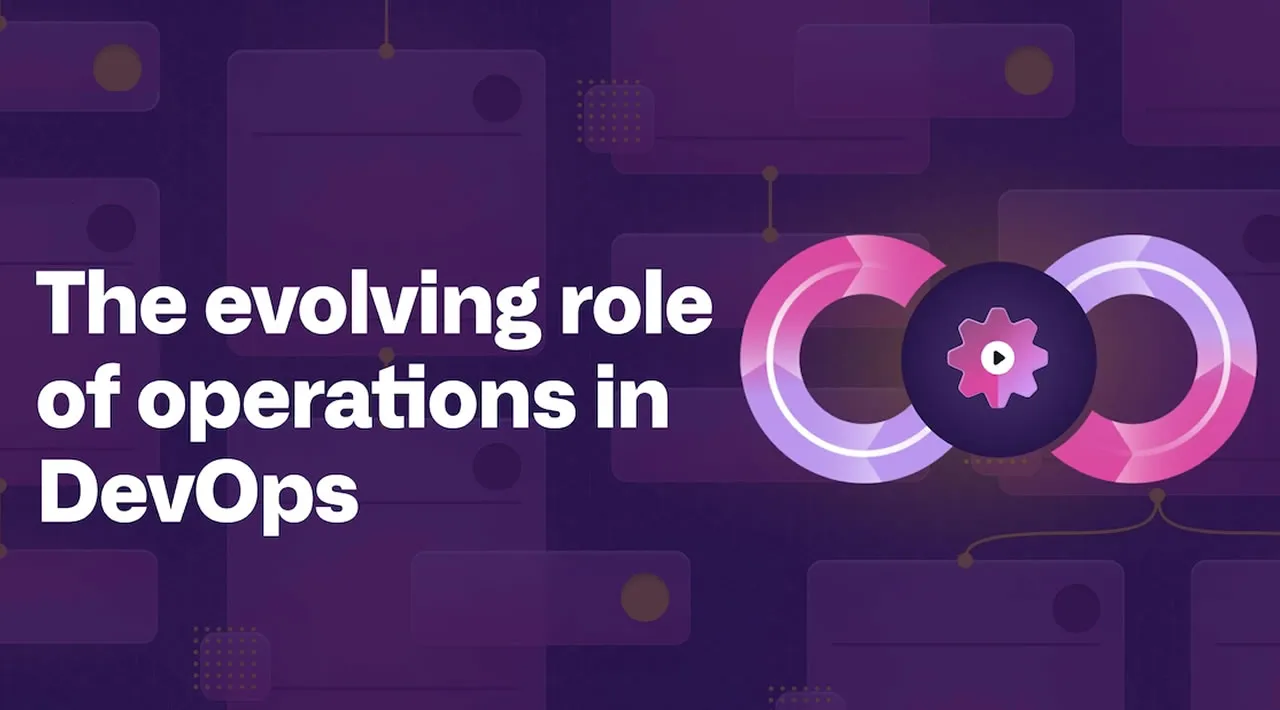This is the third blog post in our series of DevOps fundamentals. For a quick intro on what DevOps is, check out part one; for a primer on automation in DevOps, visit part two.
As businesses reorganize for DevOps, the responsibilities of teams throughout the software lifecycle inevitably shift. Operations teams that traditionally measure themselves on uptime and stability—often working in silos separate from business and development teams—become collaborators with new stakeholders throughout the software lifecycle. Development and operations teams begin to work closely together to build and continually improve their delivery and management processes. In this blog post, we’ll share more on what these evolving roles and responsibilities look like for IT teams today, and how operations help drive consistency and success across the entire organization.
The Ops role in DevOps compared to traditional IT operations
To better understand how DevOps changes the responsibilities of operations teams, it will help to recap the traditional, pre-DevOps role of operations. Let’s take a look at a typical organization’s software lifecycle: before DevOps, developers package an application with documentation, and then ship it to a QA team. The QA teams install and test the application, and then hand off to production operations teams. The operations teams are then responsible for deploying and managing the software with little-to-no direct interaction with the development teams.
#engineering #devops
